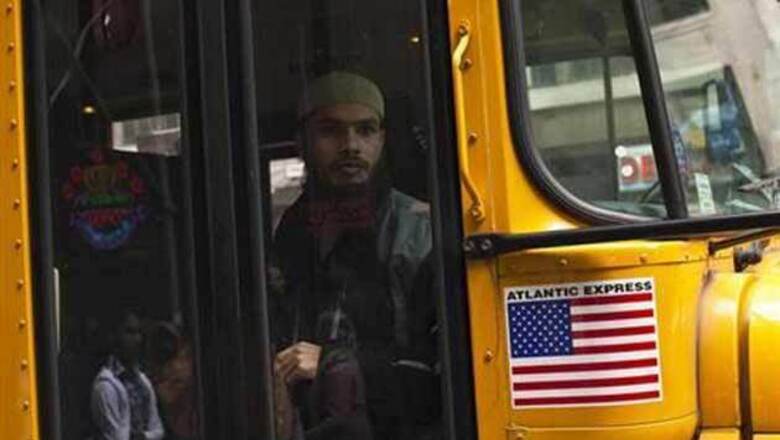
views
New York: The New York Civil Liberties Union filed a lawsuit on Tuesday against the New York Police Department over its surveillance of Muslim communities, accusing the police of trampling on religious freedoms and constitutional guarantees of equality.
The surveillance by the NYPD's intelligence division has extended beyond New York City's five boroughs into neighboring New Jersey and other nearby states. The police department says that surveillance of Muslims is legal under an earlier federal court order.
The lawsuit is the latest skirmish in an ongoing battle between the NYPD and civil liberties advocates over the department's aggressive policing tactics - including its stop-and-frisk practices, which are the subject of a separate federal lawsuit.
The lawsuit, filed in US District Court for the Eastern District of New York, in Brooklyn, seeks to put an end to the NYPD's surveillance of Muslims, the destruction of all records on individuals created as a result of the program and the appointment of an independent monitor to oversee the department.
"When a police department turns law-abiding people into suspects because they go to a mosque and not a church or a synagogue, it violates our Constitution's guarantees of equality and religious freedom," said Hina Shamsi, director of the American Civil Liberties Union National Security Project. She called the NYPD monitoring "suspicionless surveillance" and "religious profiling."
The lawsuit was filed on behalf of Muslim New Yorkers, including Asad Dandia, 20, a college student from Brooklyn who helped found a local Muslim charitable group that he said was infiltrated by an NYPD informant.
NYPD chief spokesman Paul Browne said on Tuesday all the department's counter-terror tactics were lawful, and would continue.
"Critics who suggest that it is unlawful for the police department to search online, visit public places, or map neighborhoods either haven't read the guidelines or are intentionally obfuscating their meaning," Browne said. "Those criticisms ... will not deter the NYPD protecting the public from those intent on killing more New Yorkers."
Police officials and New York City Mayor Michael Bloomberg have fiercely defended the department's surveillance program, and polls have shown that New Yorkers overwhelmingly believe the NYPD has been effective in combating terrorism.
The NYPD has beefed up its intelligence-gathering operations since two hijacked planes were crashed into the World Trade Center on September 11, 2001. Those hijackers claimed Islamic principles, though many Muslim leaders condemned the attack, which stands as the deadliest attack on US soil.
In 2012, the NYPD acknowledged that it's Demographics Unit - created in the wake of the September 11 attacks - engages in monitoring of Muslim communities in New York City, as well as the surrounding region, including mosques in Newark, New Jersey. and among Muslim student associations at colleges in Connecticut and Pennsylvania.
The police department has said its surveillance is legal under a federal court order known as the Handschu agreement, which is based on a 1971 case brought against the department by an activist over NYPD surveillance of Vietnam War-era protesters.
The guidelines, formalized in 1985, sharply restricted undercover operations in which police monitored political or religious groups and required that police have "specific information" that a person or group is "engaged in, about to engage in, or has threatened to engage in conduct which constitutes a crime."
In 2002, the NYPD argued in a federal court affidavit that the guidelines were too restrictive in the post-9/11 era and should be loosened. In an affidavit, the department's NYPD's deputy commissioner for intelligence, David Cohen, said it was critical that the police be able "to conduct investigations into political activity and intelligence-related issues."
US District Judge Charles Haight Jr. agreed, and the restrictions were loosened.
A series of news reports in 2011 and 2012 detailing the NYPD's monitoring of Muslim mosques, bookstores and restaurants throughout New York City and surrounding areas revived the debate.















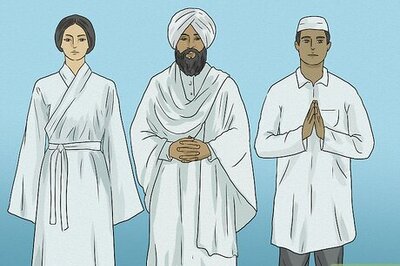
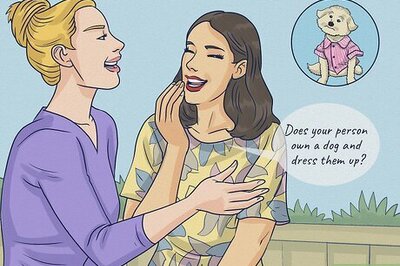

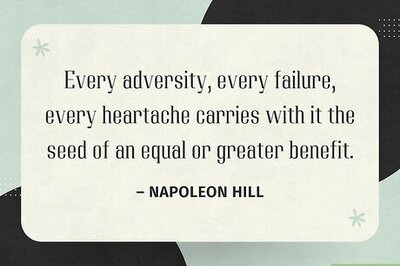
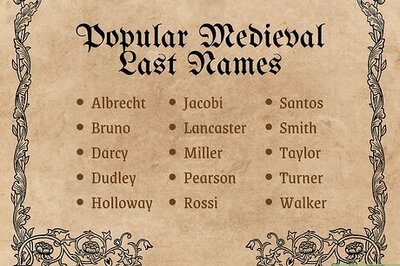
Comments
0 comment